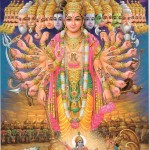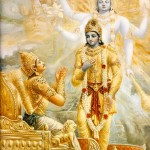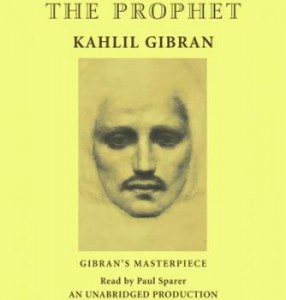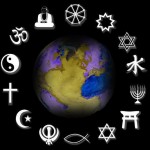Dr. Sudduth has lectured on a broad range of topics in philosophy and religion for over 20 years, and he continues to engage in lecturing as part of his teaching duties in the Philosophy Department at San Francisco State University. Beyond the scope of his university teaching activities, Sudduth offers lecturing services for churches, religious groups, spiritual communities, academic institutions, business organizations, and other venues seeking to enhance knowledge in the areas of his expertise.
Sudduth’s lectures will be particularly valuable to Christian churches and organizations wishing to deepen their understanding of the eastern religious and philosophical traditions. His academic training and personal experience in the Catholic and Protestant Christian traditions for over two decades has equipped Sudduth with a background that easily facilitates a constructive east-west dialogue that accurately and sympathetically compares and contrasts the western Abrahamic religious traditions and the eastern spiritual traditions.
Below are some sample lecture topics, all of which may be customized (in content, length, and format) for particular venues. Introductory-level lectures are typically given in a 90-minute or two-hour format (including a 20-30 minute question and answer period). Intermediate and Advanced lectures are typically given in a three to four part series, approximately an hour in length each. All lectures are accompanied by power point presentations.
Introductory Level Lectures
God in India
A presentation concerning God and religious worship as conceptualized in several of the devotional traditions of India, with an emphasis on the Vaishnava traditions. Topics include the idea of God in the Vedas and the epic literature of India, murti puja (image worship), and the nature of bhakti yoga.
The Song of God
A presentation of the central ideas of the Bhagavad Gita, leading text of Indian spirituality, including the historical and literary context of the Gita, the concepts of transcendental self, the false ego and material nature, yoga paths, the avatara concept, and bhakti and the person of Krishna.
The Night God Danced
A lecture on Krishna and his status in the devotional traditions of India, with an emphasis on the Krishna conception of God in Gaudiya Vaishnavism, especially as expressed through the Radha-Krishna narrative and Krishna’s rasa lila in the Bhagavata Purana, the night God danced with humanity.
Encountering God
A lecture on the psychology and epistemology of religious experience, including the phenomenology of religious experiences, core features, contributions of James, Freud, and Jung to the analysis of religious experience, and criteria for assessing the rationality of belief in God based on religious experience.
Perceiving Design – Inferring God
A lecture on arguments for God’s existence based on features of the universe allegedly indicative of design. Topics include: classical and contemporary versions of the design argument, the fine-tuning argument, scientific cosmology, skeptical objections, and the relevance of design arguments for religious faith.
The Boundless and Measureless Self
A lecture exploring mysticism through Kahlil Gibran’s poetic masterpiece The Prophet. How does Gibran’s work draw on and integrate Hindu, Sufi, and Christian concepts? What is the self? What is its relationship to God? How is God known?
Intermediate and Advanced Lectures
Vedanta Philosophy
Core ideas of the Upanishads as interpreted by Vedantin acaryas, including non-personal and impersonal Brahman conceptions, the self and the adjuncts of human nature (attachment, ignorance, false self, and the cycle of rebirth), yoga, and different modes of spiritual attainment through different spiritual practices.
The Many Faces of God
Approaches to the God concept in the eastern and western religious and philosophical traditions, including sources of the idea of God, God as creator and perfect being, negative theology, Buddhism and the God concept, personalist and nonpersonalist conceptions of God, polytheism and monotheism.
Knowing the Unknowable God
A lecture on the complementary nature of experiential and discursive grounds for belief in God, including the contributions of experience and reasoning, the Jamesian approach, relevance of reasoning about God’s nature and existence from the standpoint of religious experience, and epistemic virtues in the life of faith.
Crossing Styx [available beginning fall 2013]
Critical evaluation of recent work on postmortem survival, including the concept of survival, empirical data allegedly indicative of survival, relevance of philosophy of mind, models of inference to survival, explanatory criteria, and naturalistic and parapsychological alternative hypotheses.











 Follow
Follow